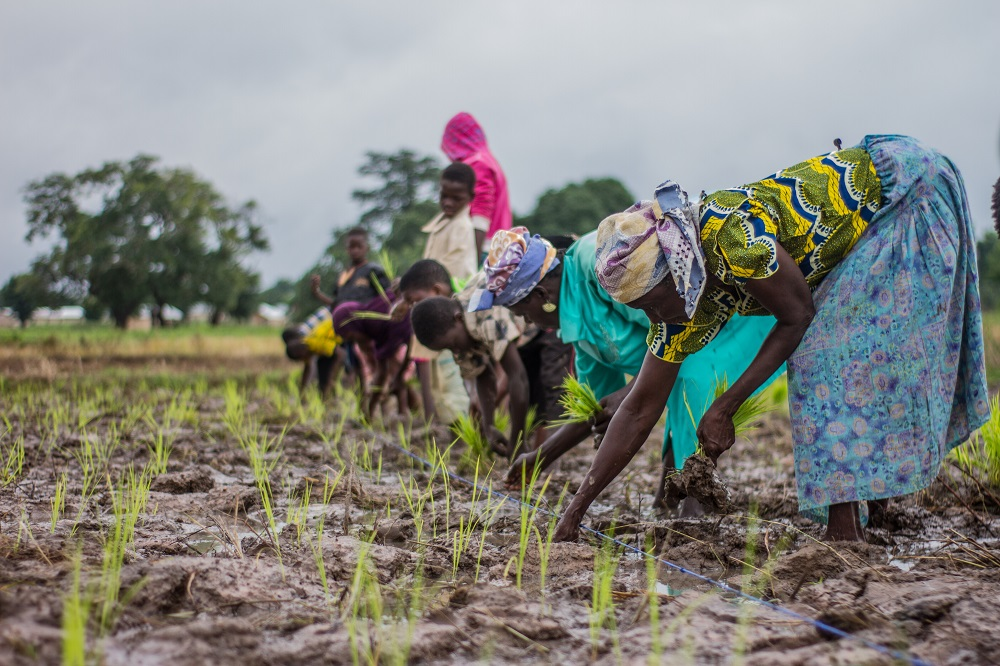Agriculture is the backbone of many African economies, providing employment, food, and income for millions of people. Women play a vital role in African agriculture, contributing significantly to food production, processing, and marketing. Despite their importance, women face numerous challenges that hinder their ability to reach their full potential in agricultural development. This article highlights the role of women in promoting agricultural development in Africa and discusses the challenges they face and potential solutions.
Women’s Contributions to African Agriculture
Women are the primary caregivers and food producers in many African households. They are responsible for:
- Food production: Women are involved in planting, weeding, harvesting, and processing crops. They produce up to 80% of Africa’s food, including staple crops like maize, cassava, and sweet potatoes.
- Livestock management: Women care for livestock, including chickens, goats, and cattle, providing meat, dairy products, and income for their families.
- Food processing and preservation: Women process and preserve food for consumption during the off-season, using techniques like drying, smoking, and fermenting.
- Marketing and trade: Women participate in local markets, selling their produce and products to generate income for their families.
Challenges Facing Women in African Agriculture
Despite their significant contributions, women face numerous challenges that hinder their ability to promote agricultural development in Africa. Some of these challenges include:
- Limited access to land: Women often lack secure land rights, making it difficult for them to invest in their farms and improve productivity.
- Inadequate access to credit and financial services: Women face difficulties in accessing credit, insurance, and other financial services, limiting their ability to invest in their farms and businesses.
- Limited access to education and training: Women often have limited access to education and training, making it difficult for them to acquire new skills and knowledge to improve their agricultural productivity.
- Cultural and social barriers: Women face cultural and social barriers that limit their participation in decision-making processes and their ability to own and control assets.
- Climate change: Women are disproportionately affected by climate change, which exacerbates existing challenges and creates new ones, such as changing weather patterns and increased frequency of natural disasters.
Potential Solutions
To address the challenges facing women in African agriculture, several potential solutions can be implemented:
- Secure land rights: Governments and organizations can work to secure land rights for women, providing them with the confidence to invest in their farms and improve productivity.
- Access to credit and financial services: Financial institutions can develop products and services that cater to women’s needs, providing them with access to credit, insurance, and other financial services.
- Education and training: Governments and organizations can provide women with access to education and training, enabling them to acquire new skills and knowledge to improve their agricultural productivity.
- Empowerment and capacity building: Organizations can work to empower women, building their capacity to participate in decision-making processes and own and control assets.
- Climate-resilient agriculture: Governments and organizations can promote climate-resilient agriculture practices, providing women with the skills and knowledge to adapt to changing weather patterns and increased frequency of natural disasters.
Conclusion
Women play a vital role in promoting agricultural development in Africa. Despite facing numerous challenges, women continue to contribute significantly to food production, processing, and marketing. To address the challenges facing women in African agriculture, it is essential to implement potential solutions, such as securing land rights, providing access to credit and financial services, education and training, empowerment and capacity building, and promoting climate-resilient agriculture practices. By empowering women and addressing the challenges they face, Africa can unlock its full agricultural potential, reducing poverty and hunger, and promoting sustainable economic growth and development.
Recommendations
- Policy makers: Develop and implement policies that promote women’s participation in agriculture, including secure land rights, access to credit and financial services, and education and training.
- Financial institutions: Develop products and services that cater to women’s needs, providing them with access to credit, insurance, and other financial services.
- Organizations: Work to empower women, building their capacity to participate in decision-making processes and own and control assets.
- Governments: Promote climate-resilient agriculture practices, providing women with the skills and knowledge to adapt to changing weather patterns and increased frequency of natural disasters.
- Civil society: Advocate for women’s rights and interests in agriculture, promoting policy and legislative changes that support women’s participation in agriculture.

